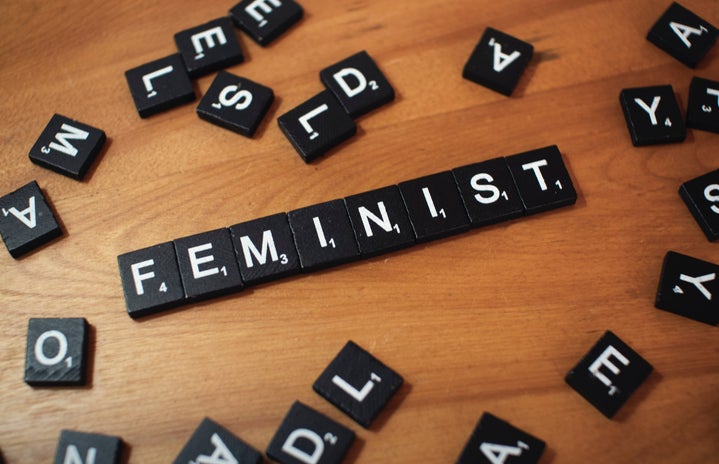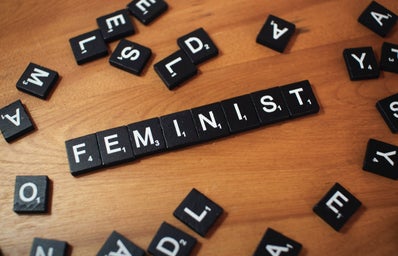Have you ever heard Beyoncé’s famous song, “Flawless?” I’m going to assume you have and definitely hope you have.
Chimamanda Ngozi Adichie is an award-winning Nigerian writer, best known for circling around politics, culture, race and gender. Last year, in my women’s study class, I was listening to one of her speeches. It then dawned on me, how do I know her voice? I remember I made a T-shirt in high school (based on ASAP Rocky’s T-shirt in a music video) that read “we should all be feminists.” To this day, I remember both men and women (mostly men) commenting on my shirt ( a lot of them weren’t thoughtful comments). Today, I can provide a significantly better answer to why I’m wearing that shirt and what the shirt means.
A snippet of her “We should all be feminists” TED Talk was featured in the middle of the song:
“We teach girls to shrink themselves, to make themselves smaller. We say to girls: ‘You can have ambition but not too much. You should aim to be successful but not too successful. Otherwise you will threaten the man.’
Because I am female, I am expected to aspire to marriage. I am expected to make my life choices always keeping in mind that marriage is the most important. Now marriage can be a source of joy and love and mutual support, but why do we teach girls to aspire to marriage and we don’t teach boys the same?
We raise girls to see each other as competitors, not for jobs or for accomplishments, which I think can be a good thing, but for the attention of men. We teach girls that they cannot be sexual beings in the way that boys are.
Feminist: a person who believes in the social, political, and economic equality of the sexes.”
Adichie was born in 1977 in Enugu, Nigeria. In 1997, she left to study communication and political science at Eastern Connecticut State University in the United States, where she began writing her first novel. She received a master’s degree in creative writing from John Hopkins University and master’s degree in African studies from Yale University. her novels have won literary awards.
In her book, “We Should All Be Feminists,” published in 2014, she discusses the injustice of societal expectations for women, both in African culture and in the world at large, while sharing memories from her own life. She digs up the need to transform social beliefs and gender constructs that all promote the disparity between men and women. It’s truly an amazing read; I highly recommend it.
Some of my favorite quotes are below:
“I have chosen to no longer be apologetic for my femaleness and my femininity. And I want to be respected in all of my femaleness because I deserve to be.”
“Culture does not make people. People make culture. If it is true that the full humanity of women is not our culture, then we can and must make it our culture.”
“My own definition is a feminist is a man or a woman who says, yes, there’s a problem with gender as it is today and we must fix it, we must do better. All of us, women and men, must do better.”
Her speeches and novels are truly some of the realist pieces of work I’ve read and listened to. I have high hopes that her influence will forever be around, and people will always hear and read her thoughts.
Another astonishing talk by Adichie is “The danger of a single story,” declaring the dangers of having one perspective, resulting in perspectives based on stereotypes and misunderstandings.
I deeply respect her as a woman.


